The subtitle to this delicious book is ‘A Chronicle of an Unusual Friendship’, and it would indeed be difficult to imagine two more unlikely companions than its author and his subject, the 80-year-old gay Irish film-maker Brian Desmond Hurst.
The straight and very English Robbins was young, green and broke when he was first introduced to Hurst by a bogus Count he’d met in Spain, as a possible scriptwriter for a forthcoming film. It was an unusual interview, conducted at a drunken lunch party in Hurst’s grand but shabby Belgravia drawing-room. To his astonishment, with no questions asked and no scriptwriting experience, Robbins was offered the job. The film, he learned, was to be a great religious epic covering ‘the events leading up to the birth of Christ’.
During the coming months as Robbins struggled to get his head round this fantastic commission for which he knew he was spectacularly ill-suited, he began to realize that he had indeed entered a fantasy world. Hurst, he discovered, really did have a distinguished past as a prolific if maverick film-maker who had worked with all the leading British stars of his day. Now he was old and on his uppers and living in the past. Yet with a fearful inevitability, the innocent Robbins was gradually drawn into Hurst’s louche and irresistibly irresponsible world, where rent boys mingled with dodgy members of the upper classes, and where champagne flowed but the milk bill was never paid. (‘Are you bi-sexual?’ he asked Hurst, after one particularly puzzling episode. ‘I’m tri-sexual,’ was the answer. ‘The Army, the Navy and the Household Cavalry.’)
Haughty, outrageous, infuriating, manipulative, Hurst was all those things, yet he was also witty, spirited, clear-eyed, often generous and always entertaining. The great religious epic was never made of course, Robbins was never paid and the script was never finished. But in The Empress of Ireland he produced a comic masterpiece, a picture of a particular kind of gay life in the 1970s, and of a wickedly unapologetic old rogue it’s impossible not to like.
‘The book, simply, is a masterpiece, and its neglect is as inexplicable as that of its subject.’ John Banville, Literary Review
‘Endlessly funny and brilliantly colourful. Something of a masterpiece, in fact.’ Simon Callow, Observer
‘What larks!’
Essentially it is the story of the friendship between Christopher Robbins, a struggling young freelance journalist, and Brian Desmond Hurst, an ageing Irish film director who had already outlived his...
Read more‘The funniest book I’ve read this year.’
‘Slightly Foxed is another brilliant imprint, publishing small hardback books from unfairly neglected authors. This year’s finest includes Christopher Robbins’ hilarious The Empress of Ireland,...
Read more‘Two rich recent discoveries – both published by Slightly Foxed Editions’
The Empress of Ireland is the novelist and screenwriter Christopher Robbins’s account of his friendship with the most successful forgotten Irish film director of all time, Brian Desmond Hurst . ....
Read moreThe Empress of Ireland | Noël Coward visited Tangier
My routine was to stay in the house and write most days, and then go out with Brian for dinner, either to a restaurant or the home of one of his friends. La Belle Hélène was the bar and...
Read more




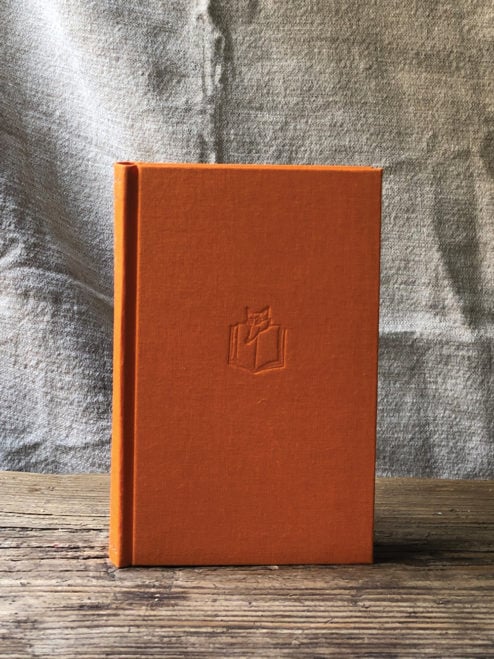
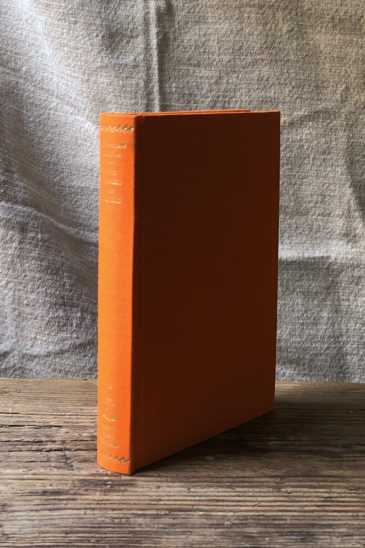
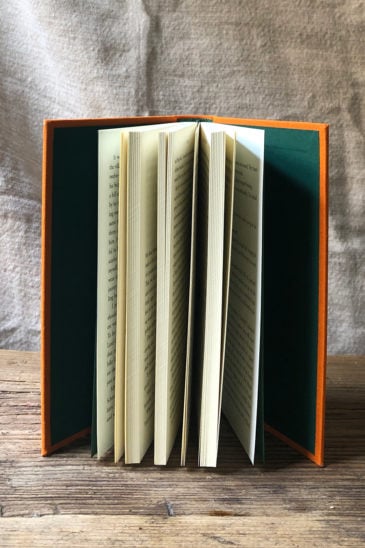
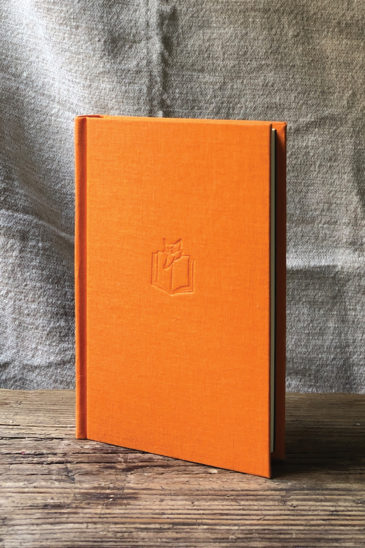
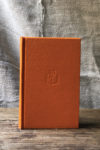
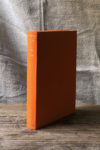
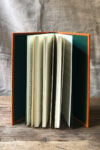
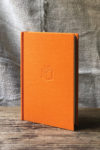
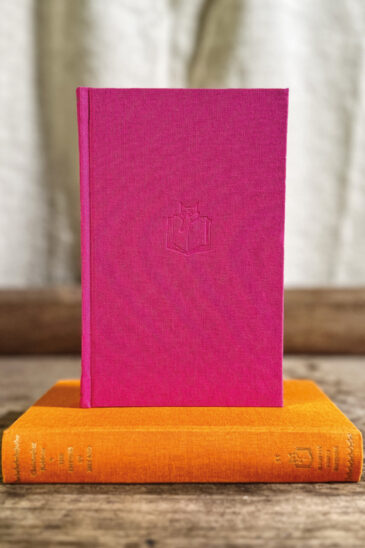
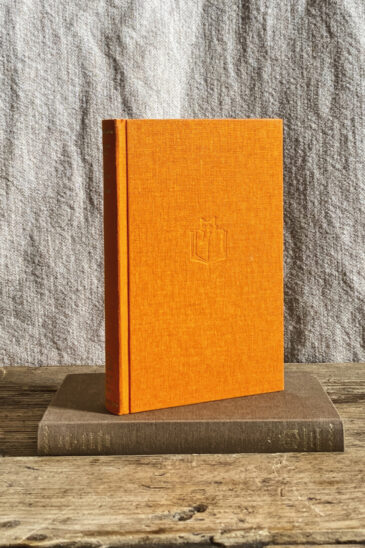
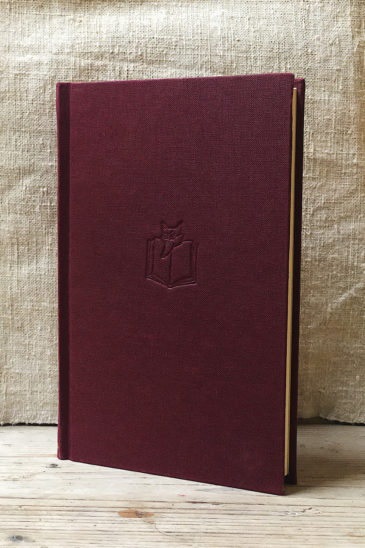
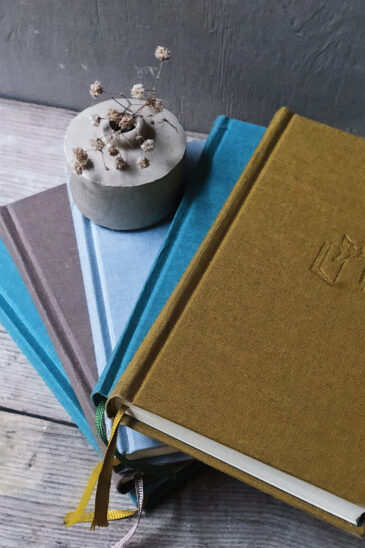
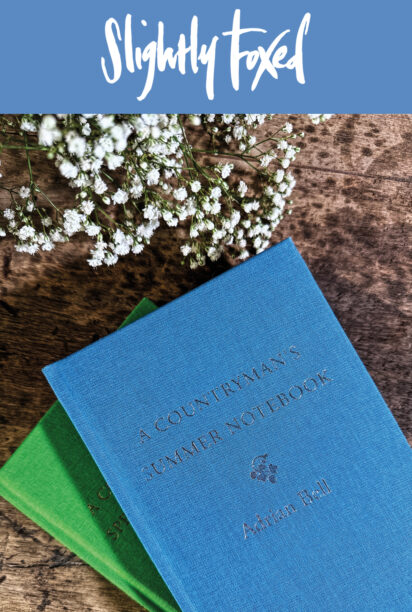
Christopher Robbins’s method is of chronological revelation – we learn about Hurst as Robbins does, and he takes us deeper and deeper into his world, his history and his nature, stripping away the layers like peeling an onion. It is no surprise that one of Hurst’s best friends was the legendary blagueur and international conman Gerald Hamilton, upon whom Christopher Isherwood based his Mr Norris; Robbins’s relationship with Hurst is deeply similar to that of William Bradshaw (Isherwood’s alter ego) and Norris, and the book offers a kind of joint portrait, with Robbins constantly outwitted and wrong-footed by his outrageous partner, whom he comes, in some peculiar way, to love . . .
The Empress of Ireland is a fine book about the liberating friendship of opposites, about the masks of personality, about the coming of wisdom. It is also endlessly funny and brilliantly colourful. Something of a masterpiece, in fact.
‘Slightly Foxed is another brilliant imprint, publishing small hardback books from unfairly neglected authors. This year’s finest includes Christopher Robbins’ hilarious The Empress of Ireland, an account of the friendship between an English journalist and Brian Desmond Hurst, a flamboyant film director, and Catholic convert, from Belfast. It’s a kind of prose version of Withnail and I: the title comes from Hurst’s reproach to a group of drinkers who called him an old queen: “I am the Empress of Ireland!” It’s a tribute not just to a fabulous, louche eccentric but to a vanished world of the Seventies and Eighties, and the funniest book I’ve read this year.’
The Empress of Ireland is the novelist and screenwriter Christopher Robbins’s account of his friendship with the most successful forgotten Irish film director of all time, Brian Desmond Hurst. Hurst was outrageously camp, and a bit of a rogue, but he seems to have been superb company. There are wonderful twists and turns to his story, not least of which is the account of his service in the First World War. The book, simply, is a masterpiece, and its neglect is as inexplicable as that of its subject.